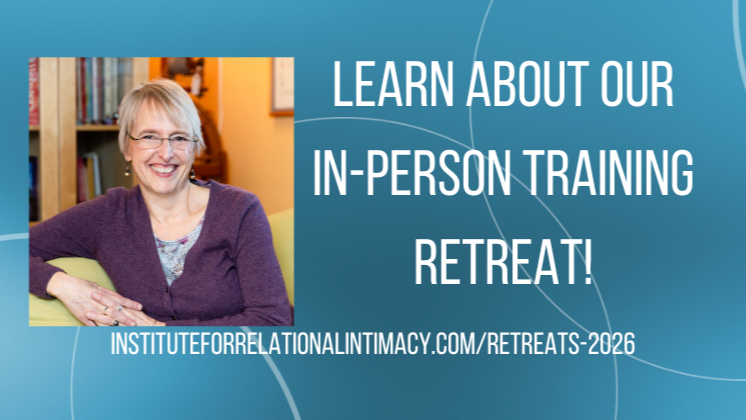Dealing With “New Relationship Energy”
Jan 16, 2020
New relationship energy, or NRE, is a concept that comes from the polyamory community. It refers to that heady, overwhelming, crushy feeling that you get in the early stages of a new relationship, when every train of thought gets rerouted to refer back to the person you’re crushing on: “Oh, I’d love to see this new movie…I wonder if Marie likes it…”
New relationship energy can be a wonderful thing. It’s a delightful feeling, and it helps you bond closely to your new partner. The world would be a duller place without it. But it’s also a powerful force. Often, people just don’t know how to control their impulse to be with somebody when they’re so driven to think about them, contact them, and be near them all the time. As you can imagine, this can cause some problems in polyamorous relationships if the partners don’t have some good strategies in place for how to handle it.
Imagine you’re in a committed polyamorous relationship, and your partner has just started seeing a new person. They’re head-over-heels, completely obsessed. They might be able to keep a larger perspective in mind, strive to be as considerate as possible, and enjoy the NRE while still being a committed, responsible partner.
On the other hand, they might get so caught up that they lose sight of the larger picture, in which case things can get a little annoying. Here are a few common ways I see this go awry:
- Phone snubbing. It’s no fun to be sitting across the table from someone who is busy texting with their crush.
- Mentionitis. Every conversation turns back to the person: “This meal is so delicious…I bet Marie would like this!”
- Not honoring commitments. Maybe they end up changing plans at the last minute to accommodate the new person’s schedule, or maybe shared commitments start to slip their mind because they’re so focused on the new person.
- Being unreachable. This is a very common one: they’re out on a date with the new person when a crisis comes up at home, but they’ve turned off their phone or are ignoring it, meaning their partner doesn’t have help dealing with whatever is happening on the home front.
- Breaking agreements about safer sex. This is a bad one. Sometimes people get so caught up in the excitement of the new relationship that they don’t abide by the shared agreements they’ve made about safer sex. This is a real betrayal, because it puts their partner at risk, as well as other partners their partner may have, and the trust in the relationship suffers greatly.
When NRE is causing problems for a polyamorous partnership, I make sure that my clients know that this phase is chemical and transitory. I say to them, “What’s going to serve you best in the long run? How do you want this to end up? Could you possibly place your need at this moment aside a little bit to attend to your relational contract with your spouse for the purpose of reaching the goal that you want, which is a stable open relationship?” Sometimes a stronger challenge is needed: “It’s not reasonable to expect your partner to show up for you, when you’re not showing up for them,” or “It’s not reasonable to expect your partner to feel good about you, Marie, or polyamory when you’re breaking agreements.”
I also help the other partner self-regulate as much as possible. It certainly helps if they’ve had NRE experiences of their own and are able to chuckle over mistakes they might have made when caught up in the early stages. It also helps if they have other partners to lean on during this time. If they are able to do it, I truly believe the best strategy is to give their partner a lot of space and minimize expectations or commitments. I call the the “give them as much rope as possible” strategy. I ask: “Out of all the relationships you have ever had in your life, how many panned out into stable, long term situations?” The answer is usually one, or two. Then I say “So, what are the chances this thing with Marie is going to turn into something long term?” Then I offer a challenging piece of psychoeducation: “The one surefire way I know to make NRE last a really long time is to place limits on how much or what kind of contact people can have with one another. Longing obsessively is hot, and on the other hand, spending a little too much time with someone and discovering they are not so sexy after all is much less hot. Under restrictive circumstances, I’ve seen the spark of new love last YEARS rather than weeks or months. I know what I’m suggesting would be extremely challenging. I’m just saying, there is a risk to placing limits on your partner’s NRE. And there is a high likelihood of a good payoff if you give them a lot of rope.”
The one thing we can say for sure is that the NRE won’t last–eventually their partner will have to come back down to earth. Hopefully, it will be a learning experience, and they will be able to resolve to act with more consideration in the future. In most every successful polyamorous relationship I see, both partners have very good manners and act with consideration and thoughtfulness for one another. That said, when there are lapses, they almost always involve NRE. Help your clients manage their impulsivity, and keep their eye on the long game.






